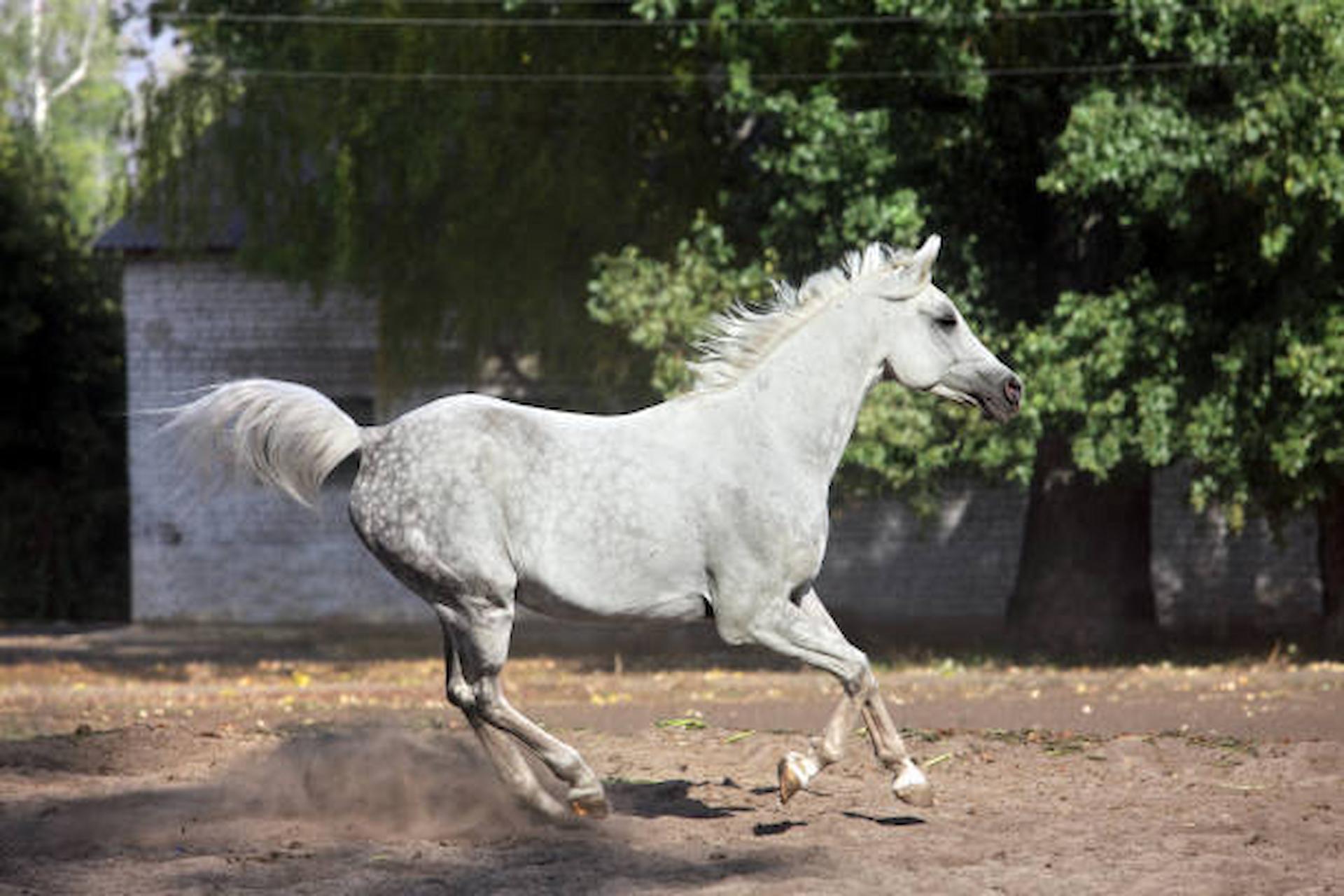
Horses are versatile creatures – over the course of history, they have been put to work, with some still helping to make our lives easier, like police horses for example. Horses still perform regularly in sporting competitions like show jumping, cross country, and dressage. No matter what your horse is training for or the work that it does, you’ll need to ensure it is happy and healthy and getting all the essential nutrients it needs to perform at its best.
In recent times, dressage is a sport that British athletes have been really successful in with gold medals at the London Olympics and the World Equestrian Games. Below, we’ll take a closer look at dressage, including how to train the horse, and the horse food that can help secure the highest results
What Is Dressage?
You may be familiar with dressage as it has received more coverage since the Olympics but how much do you know about it? The word ‘dressage’ is derived from the French word ‘dresseur’ which means training, so the name itself gives a lot away about what to expect from the sport. Dressage is all about enhancing the way a horse moves, and there are three main areas that judges look for which are suppleness, flexibility and obedience. When competing in dressage, a horse will be scored on their ability to perform movements that showcase these three components.
Historically, dressage was used as a way of training unruly or undisciplined horses that would be used in battle in the 17th century – training a horse to be responsive was key as any mistakes could cost lives. From this, dressage has developed into a way of training your horse to perform skills to show that they are obedient, controlled , and flexible. So, what makes a good dressage horse?
Attributes Of A Dressage Horse
All types of horses can benefit from dressage training, but the characteristics and temperament that you choose could have an impact on how well they perform, and to which level you can reach in competition. . There are a few considerations to think about if you are hoping to reach the upper levels of competition, such as your horse’s temperament. Dressage is both mentally and physically taxing for your horse, and therefore the first consideration is whether your horse is willing. An obedient horse will be much easier to train than an excitable horse that is reactive to new situations.
It’s not just temperament that can help you when choosing your perfect dressage horse, but their conformation too. Your horse should have an uphill appearance, as this will help with overall strength and balance, and allows your horse to be more expressive in their movement of their front legs which helps to catch the judges eye. As previously mentioned, all horses can benefit from dressage training, it’s only when you decide to perform at a high level that conformation is likely to have more influence on ability and therefore competitive success
Training
If you are thinking about training your horse to perform in dressage competitions, or simply as a way to enhance their skills, it is essential to start with the fundamentals, like teaching your horse to walk, trot and canterin response to the aids given. You can then begin to work on other movements such as circles and serpentines as well as direct transitions which means going from walk to canter without trotting in between for example. Collection and extension of each pace are then part of more advanced training – some of the most difficult movements for the horse are piaffe and passage where the horse is literally trotting on the spot or very slowly which requires immense strength and control for such a large animal.
Your horse also needs to learn ringcraft which is really the ability to cope under pressure.
Diet
A horse’s diet will vary depending on the work or training that they do, and how intense it is. A dressage horse’s diet will need to sustain them throughout their training, but also keep them calm, responsive, and relaxed in the ring. The digestive system of your horse plays an important role in how they behave – for example, feeding your horse food that causes a rise in blood sugar could cause unruly behaviour due to peaks and troughs in energy. This could lead to your horse becoming easily spooked or over-excitable, meaning they will be more difficult to control during a dressage competition. Feeds like alfalfa and sugar beet pulp can help to maintain your horse’s strength throughout competition without them becoming unable to concentrate or lacking in energy.
It is essential that you provide enough water for your horse throughout training and dressage competitions, as this helps them with digestion and thermoregulation. You could also consider adding vitamin and mineral supplements to boost your horse’s health if they do not have access to these within their diet.
